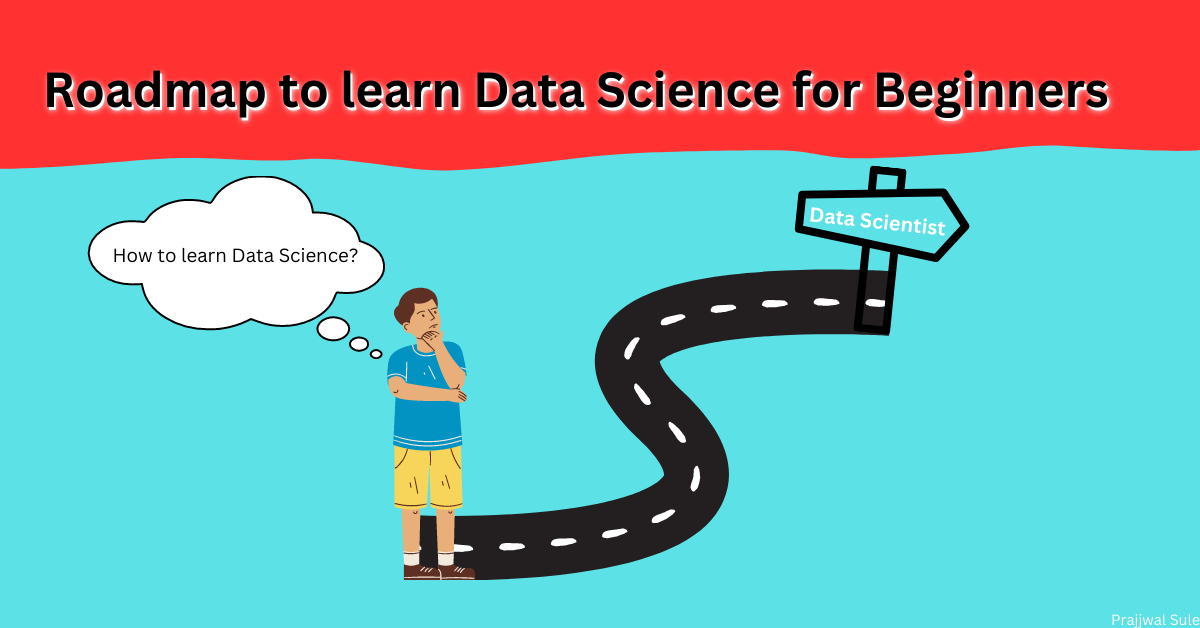In the dynamic tech industry landscape, where data is hailed as the new oil, professionals are increasingly turning to data science as a lucrative and impactful career choice. As the demand for skilled data scientists continues to surge, credible certifications become paramount. This guide aims to demystify the realm of data science certification, providing a comprehensive roadmap for those seeking success in this field.
The Need for Data Science Certifications
Industry Trends and Data
The data science field has witnessed exponential growth in recent years. According to a report by IBM, the demand for data scientists is projected to grow by 28% by 2026. This surge is fueled by the increasing reliance on data-driven decision-making across industries.
Data Science Job Market Statistics:
- The United States Bureau of Labor Statistics reports a median annual wage of $98,230 for computer and information research scientists, a category that includes data scientists.
- LinkedIn Workforce Report highlights data science as one of the fastest-growing professions, with a shortage of professionals.
In this competitive environment, certifications validate skills and knowledge, setting candidates apart in a crowded job market.
Types of Data Science Certifications
1. Academic Certifications:
Universities and educational institutions typically offer these. They range from undergraduate degrees to postgraduate programs. Examples include a Master of Science in Data Science (MSDS) and a Master of Business Analytics (MBA).
2. Vendor-Specific Certifications:
Technology companies offer these certifications and are often focused on the tools and technologies they provide. For example, the Microsoft Certified: Azure Data Scientist Associate or the Google Cloud Certified – Professional Data Engineer.
3. Professional Certifications:
Professional organizations like the Data Science Council of America (DASCA) and the Data Science Association offer industry-recognized certifications that often require practical experience.
4. Specialized Certifications:
These certifications focus on specific domains within data science, such as natural language processing, computer vision, or big data analytics.
Key Considerations When Choosing a Certification
1. Reputation and Recognition:
Opt for certifications that are well-recognized in the industry. Research the certifying body’s reputation and the certification’s acceptance in the job market.
2. Curriculum and Skill Coverage:
Review the curriculum to ensure it covers the skills and knowledge you want to acquire. Look for certifications that strike a balance between theoretical concepts and practical applications.
3. Practical Experience:
Theoretical knowledge is essential, but applying that knowledge in real-world scenarios is equally crucial. Certifications that incorporate hands-on projects or case studies add significant value.
4. Networking Opportunities:
Some certifications provide access to exclusive communities or networking events. Building a professional network can be instrumental in career growth.
5. Cost and Time Commitment:
Consider the financial investment and time required for the certification. Some certifications may be more suitable for individuals already in the field, while others cater to entry-level professionals.
Popular Data Science Certifications
1. Data Science Council of America (DASCA):
DASCA offers certifications like Senior Data Scientist and Principal Data Scientist, emphasizing practical knowledge and skills.
2. Microsoft Certified: Azure Data Scientist Associate:
This certification is tailored for professionals using Microsoft Azure technologies for implementing machine learning models.
3. Google Cloud Certified – Professional Data Engineer:
Focused on the Google Cloud Platform, this certification validates the ability to design and build data processing systems.
4. Cloudera Certified Data Scientist:
This certification is for individuals proficient in applying machine learning and advanced analytics to real-world business scenarios.
5. SAS Certified Data Scientist:
SAS certifications validate advanced analytics, machine learning, and big data skills.
The Future of Data Science Certifications
1. Continuous Learning:
The field of data science is ever-evolving. Certifications that promote continuous learning and updates will be highly valued.
2. Ethical Considerations:
With the increasing importance of ethics in data science, certifications incorporating ethical considerations and responsible AI practices will gain prominence.
3. Integration with Emerging Technologies:
As technologies like artificial intelligence and blockchain become more integrated with data science, certifications covering these intersections will be in demand.
4. Industry-Specific Certifications:
With data science being applied across diverse industries, certifications tailored to specific sectors, such as healthcare or finance, will become more prevalent.
Conclusion
In the labyrinth of data science certifications, choosing the right path can be daunting. The key is to align your certification choice with your career goals, considering factors like industry recognition, skill coverage, and practical experience. With the demand for data scientists showing no signs of abating, a well-chosen certification can be a roadmap to success in this exciting and dynamic field. Remember, it’s not just about the certification but the journey of continuous learning and adaptation in the ever-evolving data science landscape.
